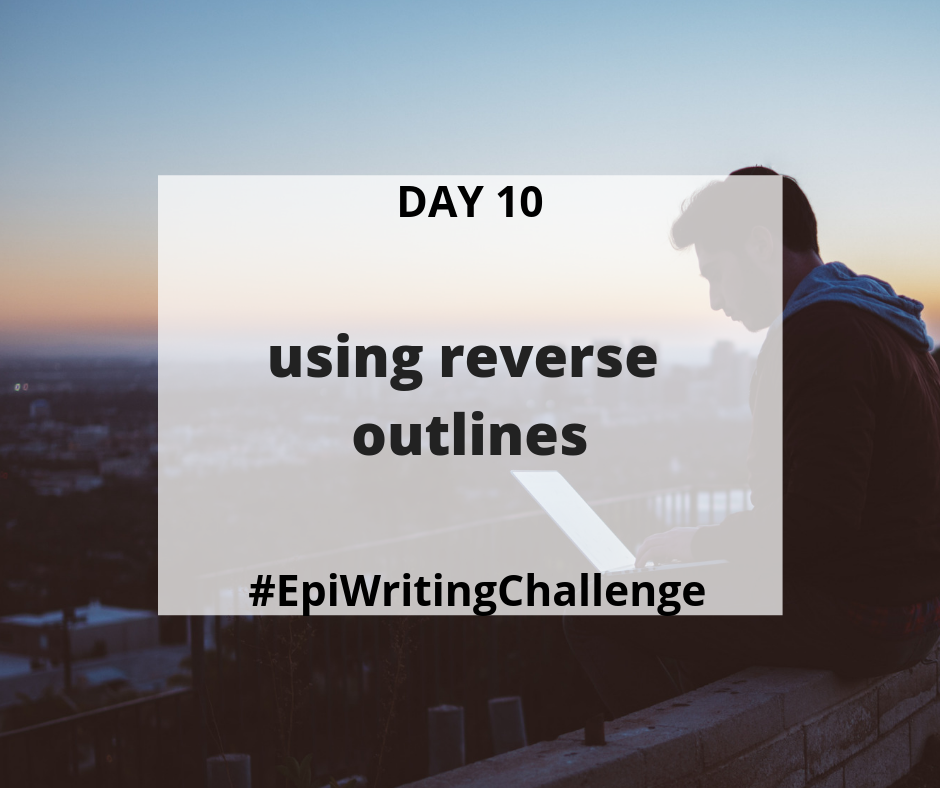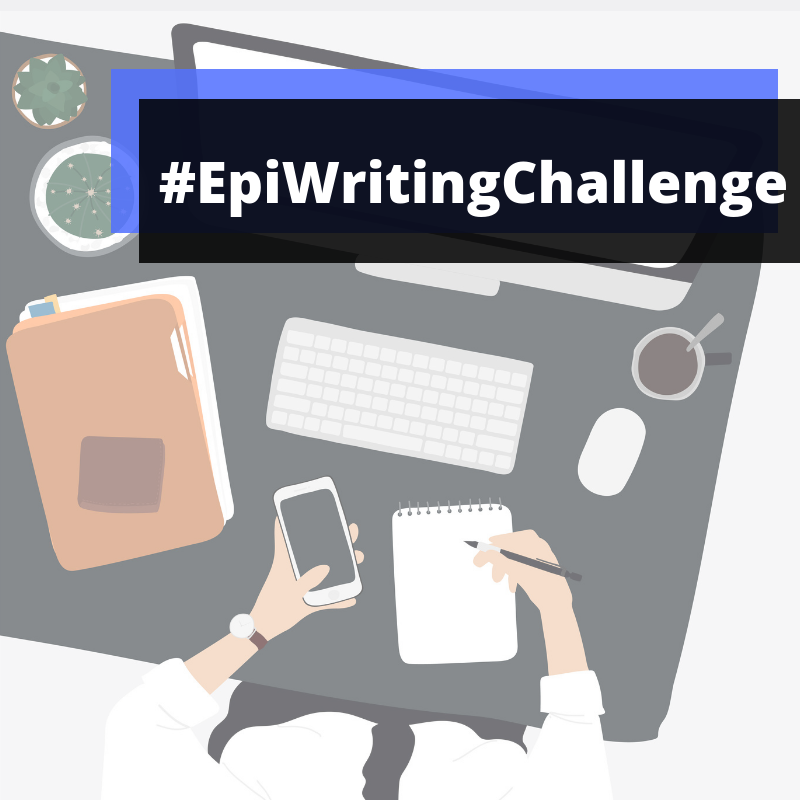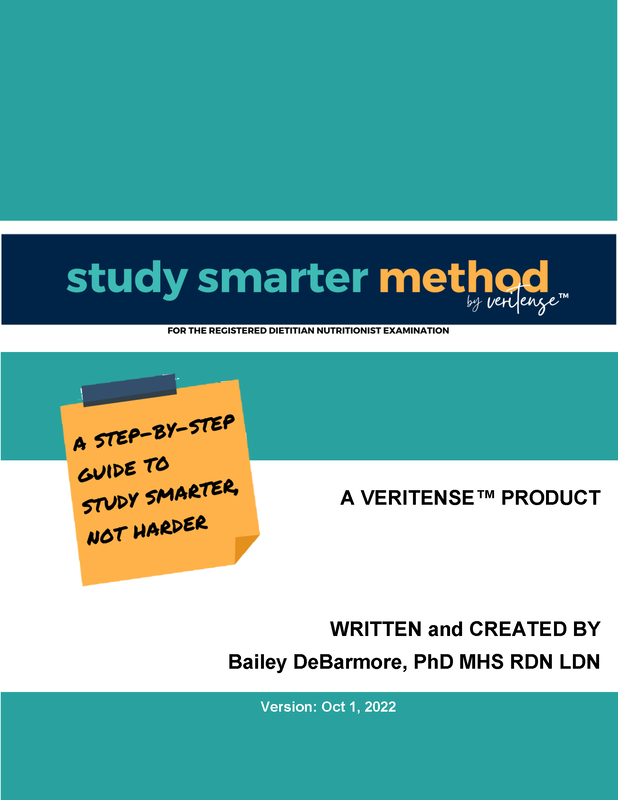If your goal for the challenge is a complete manuscript, then reviewing coauthor feedback is a key step in that process. It makes sense to spend a writing session or two reviewing their comments. Reflect with an open mind.
Does one coauthor mark or correct certain style elements consistently? Why do you think they’re doing that? Is it just their writing preference, or does it objectively improve the writing? Writing and editing are two important but different skills. Being able to edit someone’s writing without replacing their style is difficult, and not all coauthors, no matter how senior, can do that. types of feedback
Which improves the work as a whole, and which are simply preferences? If an edit modifies your writing style without clarifying the content, then I don’t think it’s a change you should feel obliged to make. If an edit changes wording so that the purpose of the sentence is now different (and incorrect) – that’s a problem! However, your original sentence probably wasn’t clear enough, if your own coauthor thought it needed to be changed. In the Crystal Clear Series we talk about how to improve the clarity of your writing as well as how to edit your own work.
Some grammar edits are important, and some are actually a bit stylistic.
In American English, you would use punctuation after titles such as Dr., Mr., Mrs., etc. and many words that are spelled with “ou” or “s” in the UK or Canada are spelled with “o” or “z” in American English. Examples? coloured and colored, or recognised and recognized. The format you choose should be based on the journal you’re targeting. A word of caution against leaving grammar edits to the journal editors Have you read an article recently with a typo? I know I have – and it’s not a rare occurrence. It will vary by journal, but much of the editing is more typesetting your document into the journal’s format. You’re then presented with the “DRAFT PROOF” PDF to sign and if you’ve been in that position, it can be rather difficult to identify grammar mistakes at that point. Furthermore, why not put your best foot forward and submit your best work? Striving to produce quality work is something I think many on #AcademicTwitter and #EpiTwitter aim for. Let’s continue raising the bar. how to be teachable
The theme of this post is to “be teachable” – what does that mean, and how can you do it?
Steven Aitchison notes that “you cannot grow if you are not willing to change, to accept new perspectives on life or to change your habits.” Many of us pride ourselves on being life-long learners, and continuing to improve your writing and to read and learn about different science topics is a big part of that. But on the softer skill side is your attitude. If you try to be teachable – to be open to new information and new ideas – you automatically abandon arrogance and help create a welcoming environment. Accepting feedback and asking for help are in similar spheres of the academia experience - they involve interacting with other people! Receiving criticism can be stressful, and if your stress is impacting your mental wellbeing and/or productivity, we encourage you to reach out and ask for help. This NY Times article goes into the psychology of asking for help, including the phenomenon of inattentional blindness. but criticism doesn't feel good
I know it doesn't! But while receiving praise does feel good, it only reinforces what you’re already good at. It will not help you improve. So, what will?
Constructive criticism is a nicer way to learn than regular ol’ criticism, but writing "nice" criticism takes extra time and sometimes masks the true meaning of the feedback - and so it's not interpreted as feedback at all. A key way to alter your perspective when reviewing feedback on your writing is to put yourself in their shoes. How long did it take them to read through the entire document and give you thoughtful comments? While it may be harder to swallow, and more to work on, than the coauthor who simply said “Looks good!”, the one who took the time to read, digest, and reflect on what you wrote, and to provide criticism, is the one who is going to help you improve. That being said, some people are just nasty! It’s pretty easy to tell when comments are vindictive or trite, and when they are thoughtful and true. How do you handle feedback? Comment below to share with us. Quote of the Day
“When people tell you something is wrong, or it doesn’t work for them, they are almost always right. But when they tell you exactly what they think is wrong and how to fix it, they are almost always wrong.” – Neil Gaiman
Related Blog Posts
0 Comments
Your comment will be posted after it is approved.
Leave a Reply. |
popular postsLike what you read?
categories
All
archives
July 2024
This website uses marketing and tracking technologies. Opting out of this will opt you out of all cookies, except for those needed to run the website. Note that some products may not work as well without tracking cookies. Opt Out of Cookies |











 RSS Feed
RSS Feed